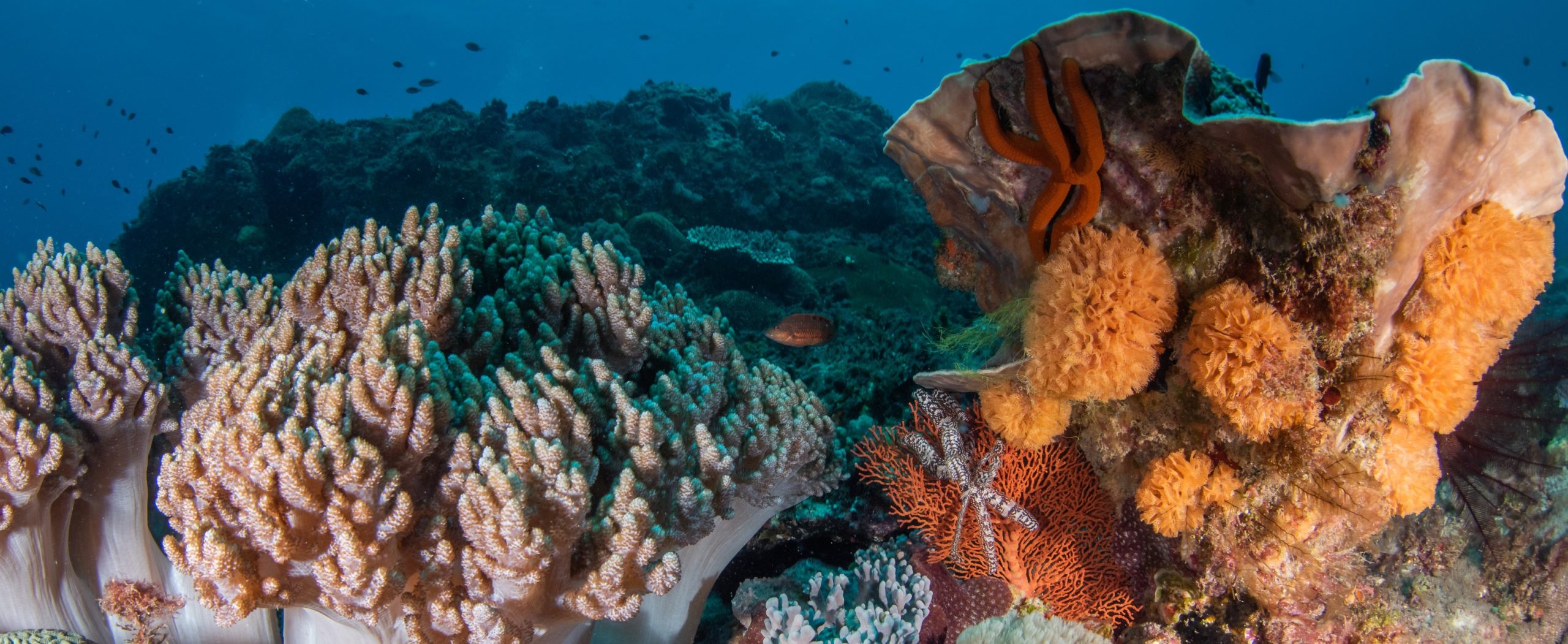Associated Professor Graham Edagar and Dr Rick Stuart-Smith, of the Institute for Marine and Antarctic Studies, University of Tasmania, today announced the launch of Reef Life Survey Foundation Incorporated – the new home of the unique marine science and conservation program, Reef Life Survey (RLS).
“Reef Life Survey links recreational divers, managers and scientists in activities that improve biodiversity conservation and sustainable use of marine resources”, said Dr Edgar. “It was originally established by researchers at the University of Tasmania with seed funding provided by the Commonwealth Environment Research Facilities Program, an Australian Government initiative supporting world class, public-good research”.
“RLS has now begun operating in its own right as a not-for-profit association”, Dr Edgar said. “The skills of experienced and highly-trained volunteer SCUBA divers are applied to needs of marine management agencies through
an advisory committee comprising managers, scientists and divers. RLS thus represents a dynamic cooperation between groups that rarely interact directly with each other, maximising the skills and resources available for collecting, analysing, interpreting and effectively-using broad-scale biodiversity information”.

Dr Edgar, who is also on the RLS Board, said that the marine environment is suffering from a variety of human impacts such as over-fishing, pollution, sedimentation, coral bleaching and introduced pests. “When trying to deal with these impacts, managers currently find it near impossible knowing where their limited conservation dollars are best directed because little reliable information exists on the location and true size of the various threats. Our RLS diver network provides an effective set of eyes for managers and scientists to see underwater”, he said.
“Divers undertake scientific assessment of reef habitats using visual census methods, through a combination of targeted survey expeditions organised at priority locations under the direction of the advisory committee, and through regular surveys by trained divers in their local waters. The success of this program is indicated by the fact that we now have information on fish and invertebrate numbers at over 1000 sites around the full Australian coast – the only inshore ecological data set available to scientists that encompasses a whole continent.”
“Building the network of volunteer divers with a very high skill level is an ongoing process. Scientific rigour of data collected by RLS divers is achieved and maintained through limiting participation to those with long-term commitment to the program, intensive training and ongoing assistance by scientists, and through the use of a system that requires divers to maintain skills”.

Dr Edgar said that the University of Tasmania continues to support RLS by, for example, housing and managing the RLS database – a substantial task given the quantity of data generated. RLS data are freely available to the public for non-profit purposes, so not only managers, but also groups such as local dive clubs or schools may use survey information to look at changes over time on their own local reefs. By making data readily available, RLS aims to raise broader community awareness of the status of Australia’s marine biodiversity and associated conservation issues.
Dr Edgar added that despite the Australian focus, survey information collected elsewhere across the globe by trained RLS divers is also utilised in applied scientific outputs of global significance. “Through the long term, RLS is expected to play a key role in the management and conservation of the world’s marine biodiversity and resources”.
Dr Edgar’s lifelong efforts in marine conservation, including his role in helping to establish RLS, were recently recognised when the Australian Marine Science Association presented him with their most prestigious award for scientific research— the Jubilee Award (https://www.amsa.asn.au/awards/silverjubilee.php).
